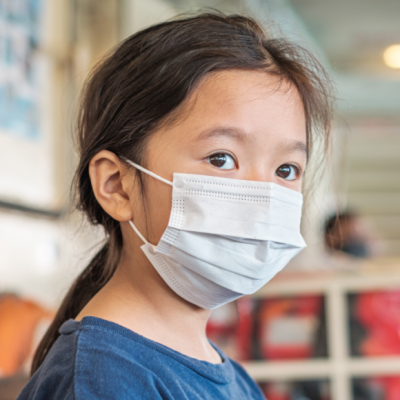The spread of the coronavirus could lead to a reduction in measures against malaria in Africa, potentially doubling the number of deaths to 769,000 people. According to the World Malaria Report 2019 by the World Health Organization (WHO), there were approximately 228 million malaria infections and 405,000 deaths globally in 2018, with 90% of cases occurring in sub-Saharan Africa. The disease, also known as swamp fever or ague, is spread by the female Anopheles mosquito and is prevalent in tropical and subtropical regions. New WHO model calculations suggest that malaria deaths in sub-Saharan Africa could double this year due to the coronavirus pandemic. The worst-case scenario would result in up to 769,000 deaths, the highest rate in 20 years.
The potential increase in malaria deaths is attributed to the coronavirus pandemic, which could lead to a reduction in the distribution of malaria medication and mosquito nets due to quarantine measures in affected countries. The worst-case scenario would occur if the distribution of insecticide-treated nets was completely halted and medication supply decreased by 75% due to coronavirus measures. While there are currently few confirmed coronavirus cases in sub-Saharan Africa, the number of cases is rapidly increasing, leaving affected countries with a short window of time to ensure the distribution of insect nets and medication before it becomes more difficult.
The WHO recommends maintaining preventive treatments for pregnant women and children and prioritizing rapid testing to prevent mild malaria cases from progressing to severe illness and death. The potential increase in malaria deaths highlights the need for continued efforts to combat the disease, particularly in the face of the coronavirus pandemic.










